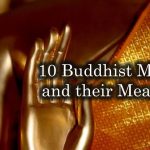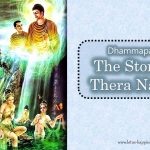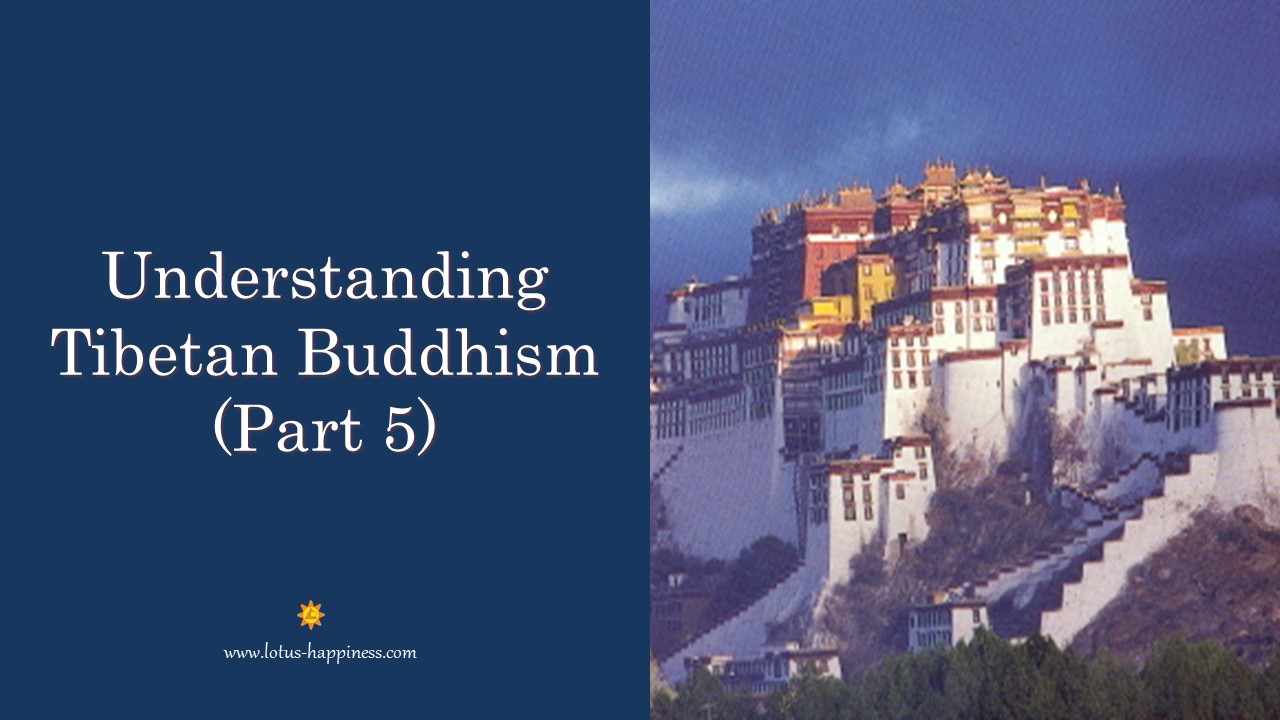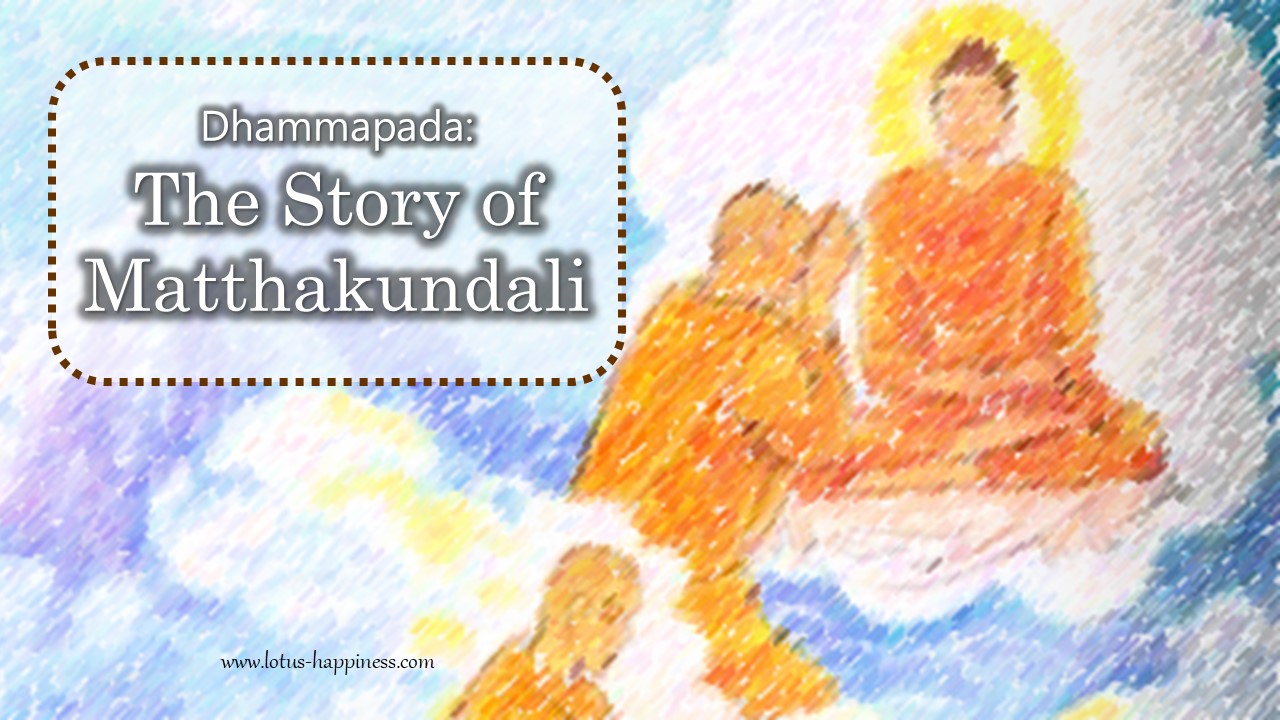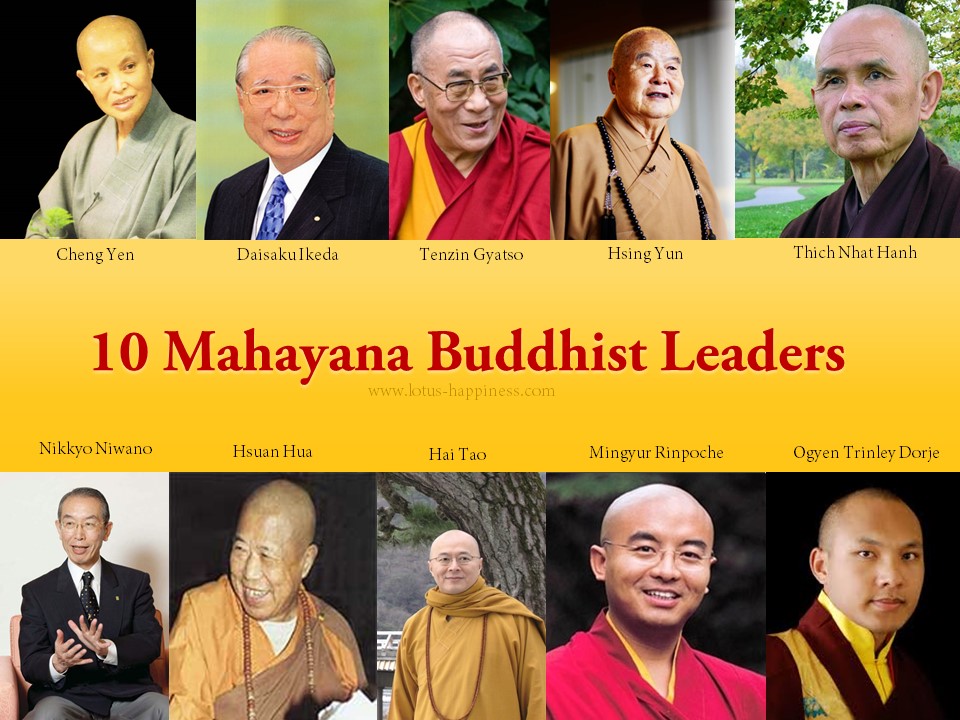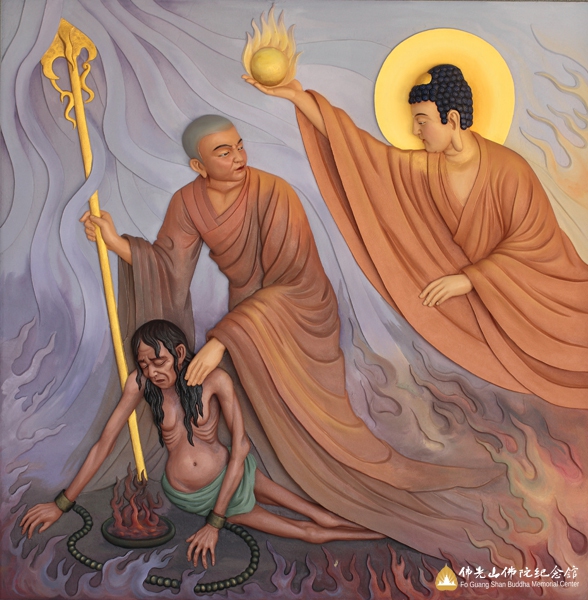Dharma Book Review
The Clouds Should Know Me By Now: Buddhist Poet Monks of China
TWENTY-EIGHT MOUNTAIN POEMS
In Jetavana Park I found a place to rest
No more do I discuss the trails of the road
When the sun is three hands high I’m still sound asleep
No need at receptions to urge me to eat more
Snow besieges my plank door
I crowd at the stove at night
Although this form exists it seems as if it doesn’t
I have no idea where the months have gone
Every time I turn around another year on earth is over
A tiny hut in a world of plants
A bed of stone a thatched-roof shrine
A closed doorway like Vimalakirti’s
Don’t ask about the bunch in front or back
Excerpt from The Clouds Should Know Me By Now
This extraordinary collection of poems features 14 eminent Chinese Buddhist poet monks’ work – both the original Chinese verses as well as the English translations and historical introductions by Burton Watson. J.P. Seaton, Paul Han., James Sanford and various editors. Much of the Poems have been translated for the first time with the beauty and depth of its original form painstakingly retained through elegant stanzas.
With nature and Buddhism teachings threading across the poems, one will be transported to the vast expanse of mountains, beautiful rivers, simple huts and quiet temples – almost like surreal travel back to the past, looking at life through the poets’ eyes: even like how time was measured. For bilingual readers. this book creels shifts in paradigms as one reads both the Chinese and English versions – each showcasing a similar idea yet with different stylistic expressions thus evoking varying perspectives and feelings. Also, there are commentaries and notes that provide readers with the background and annotations of the poems such as the notes below to the excerpt.
Notes:
#1 – In Jetvana Park I found a place to rest
Jetavana was the name of a private park outside the ancient Indian city of Shravasti (near modem Balrampur). It was purchased from Prince Jeta by the Buddha’s lay supporters for the Order’s use during its summer retreat. It was also the scene of the Buddha’s Diamond Sutra, in which he tells Subhuti to practice without letting his mid rest anywhere. In this poem, the sanctuary of Lushan, Wujih Peak takes Jetavana’s place, as it was purchased for use as Te-chi’ing, retreat. Three hands is the period between eight and nine o’clock. Receptions include the ordinary Social gathering and also those at which Zen masters meet with disciples or visitors for the purpose of spiritual instruction. The last couplet recalls Wang Wei’s Drinking Wine with P’ei Ti: ‘The world’s passing clouds are worth our time! and not like sleeping soundly or having more to eat.’
#2 – Snow besieges my plank door I crowd at the stove at night
‘Plank door’ is literary shorthand for the home of someone who has retired from active involvement in government service or politics into anonymity.
Buddhist view our existence in Earth as humans but also as one of a series of stops on the Wheel of Karma.
#3 – A tiny but in a world of plants
The stone bed, which also appears in another verse (verse 9), most likely refers to a hard bed – although for some hermits it was, in fact, a stone bed. The closed doorway also refers to the mouth and among Buddhists indicates the inexpressible Dharma.
In his Wuming4un, Seng-Chao noted. “Shakyamuni shut his but in Magadha. Vimalakirti dosed his doorway in Vaishali.” Vimalakirti was a Buddhist layman who assumed the guise of poverty and illness to elicit a visit from the Buddha’s disciples. But because he has previously exposed their limited understanding of the Dharma, only Manjushri, the Bodhisattva of Wisdom, dared convey the Buddha’s greetings.
The last line refers to Wu-chi’s (820 – 899) encounter with an incarnation of Manjushri. While visiting Mount Wutai, Wu-Chu met an old monk who led him inside a temple and asked him how many monks practiced the Dharma in Hangchou.
Wu-Chu said, “In this Dharma-ending age, most monks just follow the precepts.”
The old monk asked, “How many monks live there?”
Wu-Chu answer, “Three or four hundred.”
Then Wu-Chu asked, “How is the Dharma practiced here?”
The Old monk said, “The dragons and snakes are hard to tell apart. Sages and fools all live here together.”
Wu-chu asked, “And how many are there?”
The old monk replied, “There’s a bunch in front and at the back.”





